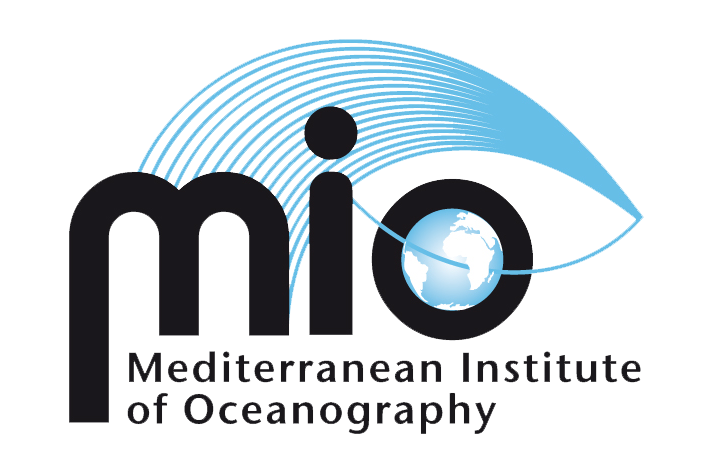Congratulations to Rémi Pages (OPLC) who defended his thesis by videoconference and in the Océanomed amphitheatre on Friday 19 June 2020
On the following topic:
"Study of the impact of climate change and terrigenous nutrient inputs on the biogeochemical functioning of the Mediterranean Sea using coupled physical/biogeochemical modelling".
Thesis Director: Melika Baklouti, Professor AMU
Co-director: Thierry Moutin, Professor AMU
Abstract :
The Mediterranean Sea (MED) is now clearly identified as an area particularly sensitive to climate change. Moreover, it is a semi-enclosed sea, strongly connected to the continental part, in particular via the nutrient inputs from rivers. Predicting and understanding its evolution between now and the end of the century requires integrated studies, taking into account the evolution of dynamic and energy forcing at the different interfaces in order to understand the complexity of this system.
It is in this context that the LaSeR-Med project (Towards an integrated prediction of Land and Sea Responses to global change in the Mediterranean Basin) was built, within the framework of which this thesis was carried out. This project aims to study the effects of climate change alone, or combined with economic scenarios, on the key ecosystem services provided by the Mediterranean Basin.
This thesis work focused on the marine component of the project. The basic question that guided all this work can be summarised as follows:
How is the biogeochemistry of the MED likely to react to changes in riverine inputs and climate change?
The first step of this work was to evaluate the coupled NEMO-MED12/Eco3M-MED model in the light of available observations. At the end of this preliminary work, we were interested in the effects, on the biogeochemistry of the MED, of the variations observed since the 1980s on terrigenous nutrient inputs (rivers and runoff). This thesis has shown that their variations have significantly influenced the biogeochemistry of the MED, especially in the eastern basin, by causing a deepening of the phosphacline, and a decrease in the availability of PO4 in surface waters. These first results highlighted the need to include in the climate evolution scenarios, relevant scenarios to represent the possible evolution of river nutrient inputs.
The second part aimed to study the effects on the biogeochemistry of the MED and on the functioning of its planktonic food web of the variations in hydrodynamic forcings induced by climate change alone. To do so, the IPCC RCP 8.5 scenario was used to force the coupled atmosphere/ocean/biogeochemistry model ALADIN/NEMO-MED8/Eco3M-MED. This scenario predicts an increase in the temperature and salinity of the MED, as well as a decrease in the mean maximum depth of the mixing layer. The simulations (scenario + control) carried out within the framework of this thesis showed a significant effect of these physical changes on the biogeochemistry of the MED, such as a rather significant decrease of the integrated primary production (-10%) and of the carbon export at 1000 m (-15 to -20%). The scenario also foresees an evolution of the planktonic food web to the detriment of large phytoplankton (-15%) due to the reduction of available nutrients in the surface layers (up to -45% for PO4). Finally, for unchanged riverine inputs, regions where organisms will be limited or co-limited by nitrogen are expected to be more numerous in the Mediterranean by 2100. In view of this ever-increasing oligotrophication of the MED, it is likely that nutrient inputs from rivers will play an increasingly important role in the biogeochemistry of the MED and in the functioning of its planktonic food web.

